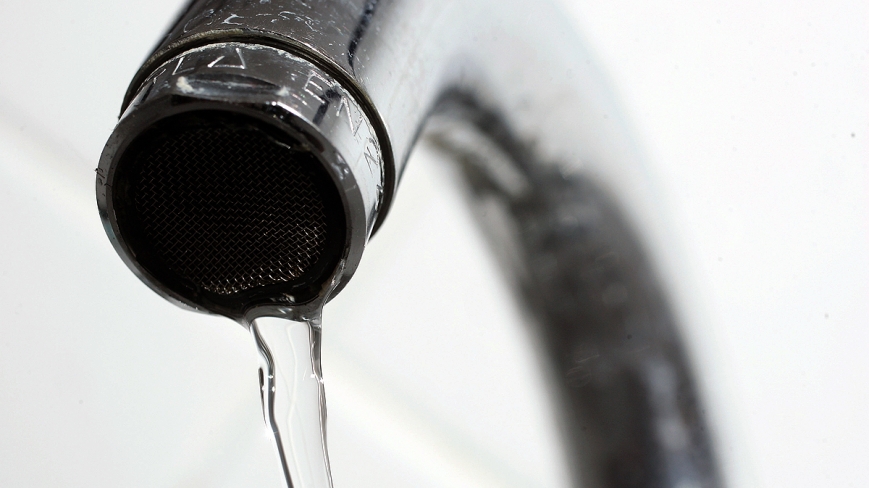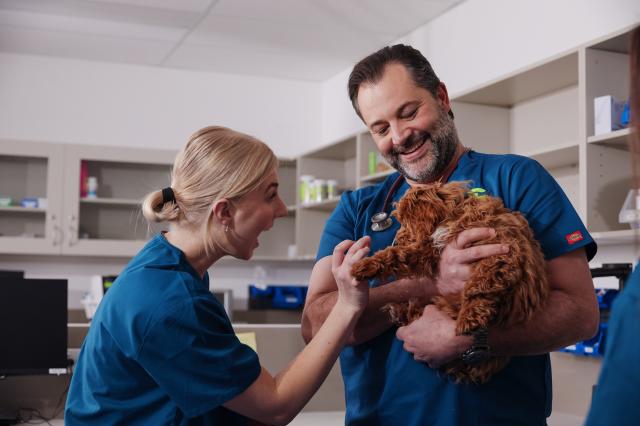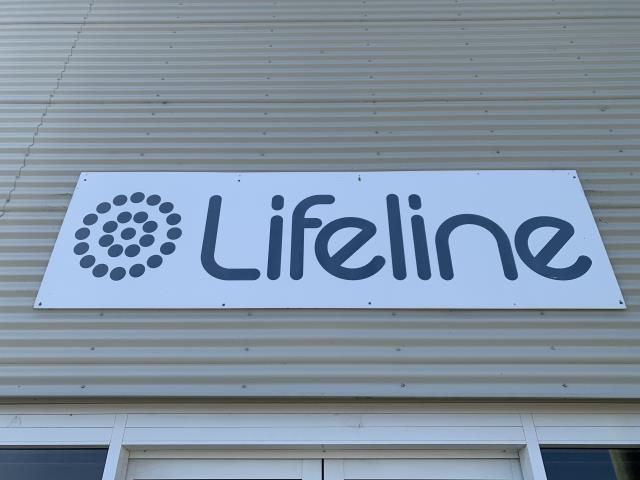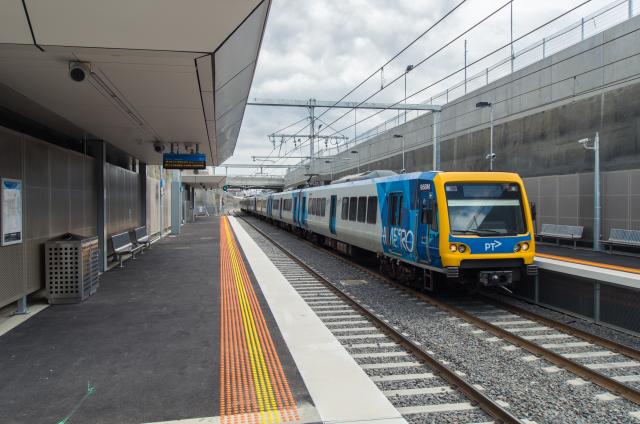Cutting the amount of good drinking water that goes down the drain and increasing the use of alternatives, such as tank and recycled water, are among key targets of Wyndham council’s five-year water plan, released last week.
The Wyndham Water Action Plan includes 26 directives to help drought-proof the city by 2020. They include slashing the council’s own drinking water usage by five per cent and ensuring 30 per cent of its water comes from alternative sources.
Other measures are upgrading automated irrigation and monitoring systems on sports grounds, using water-efficient fixtures and fittings, installing rainwater tanks in new and refurbished council buildings and using recycled water and stormwater harvesting across more parks and gardens.
The plan proposes that the council continue working with City West Water to develop more recycled water supply points for street tree watering and improving rainwater harvesting at its rubbish disposal centre.
A report to the council’s April 27 meeting indicated total water usage of the council had increased to about 500,000 kilolitres in the 2013-14 financial year – almost double the 2011-12 figure.
It stated planning for potential effects of climate change was a key consideration.
“Wyndham’s current annual rainfall average of 470 millimetres could drop to 283 millimetres by 2100 under likely climate change scenarios,” the report stated.
“Decreasing water yields across the state as a result of climate change will require council to reduce its reliance on drinking water supplies for irrigation and municipal operations.
“Wyndham’s climate is changing and our region is expected to become drier with rainfall patterns also becoming less predictable.
“This plan aims for Wyndham’s water use to become more self-sustainable and adaptable in an uncertain climate future.”
The report said the water plan would have a range of environmental benefits, including conserving quality drinking supplies, increasing recycled water use, regulating the flow of stormwater runoff into waterways and preserving river flows.
Western Region Environment Centre director Harry van Moorst said the initiatives outlined in the plan were critical to Wyndham’s future.
“We need to make all the water savings we can,” he said. “All the indicators are that we’ll experience more water problems in the future so we can’t afford to rest on our laurels.”







